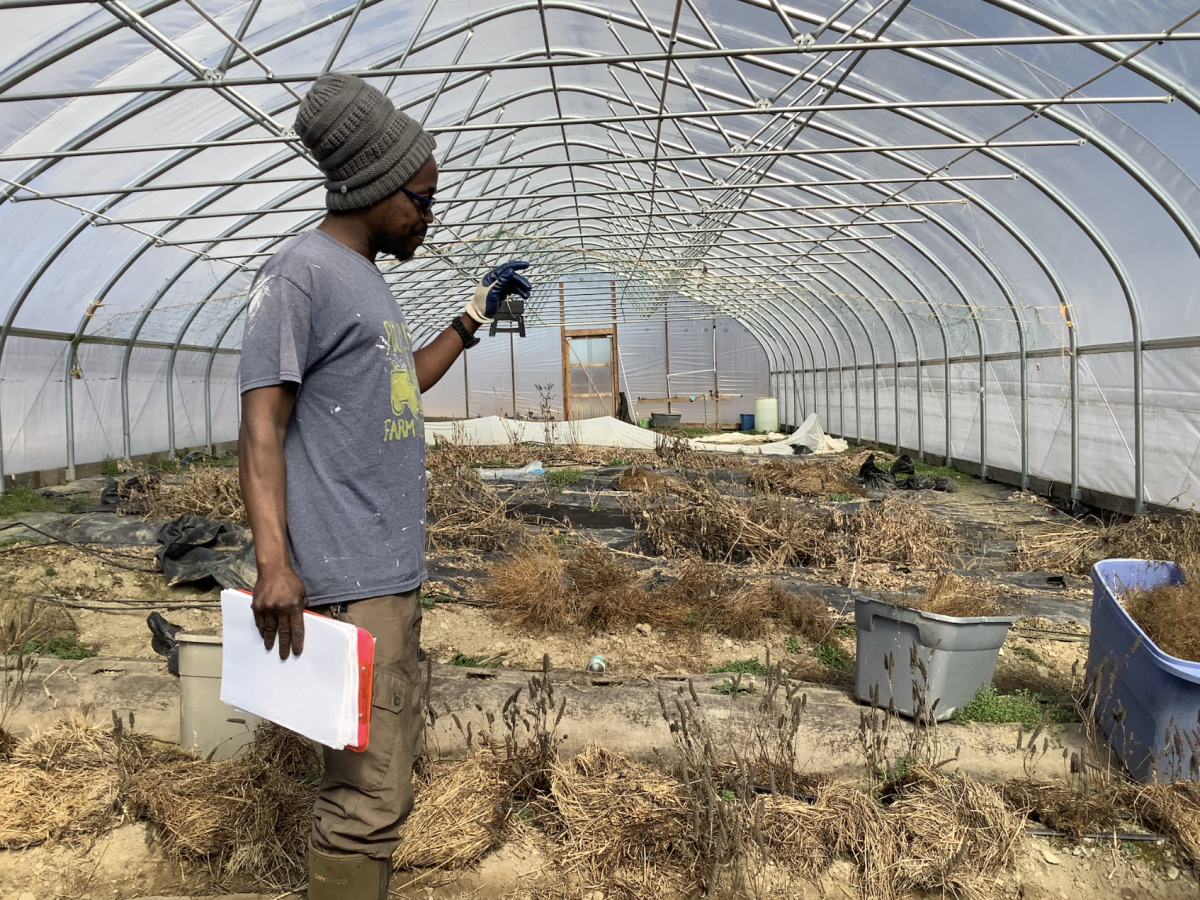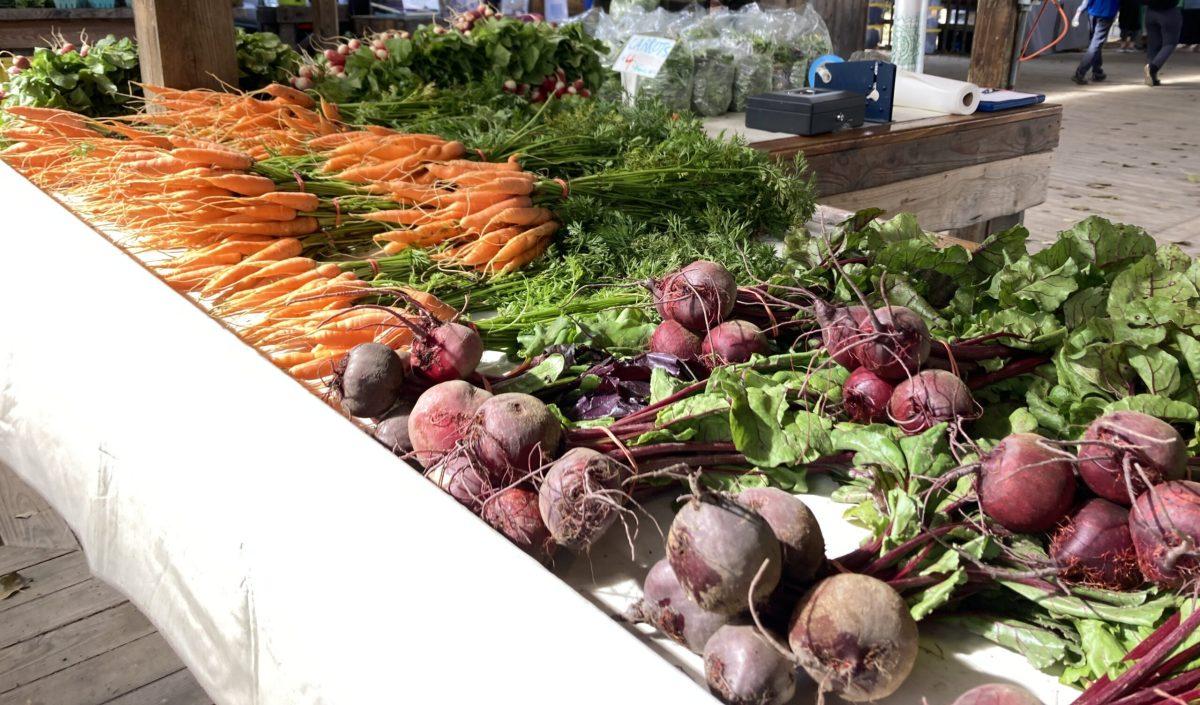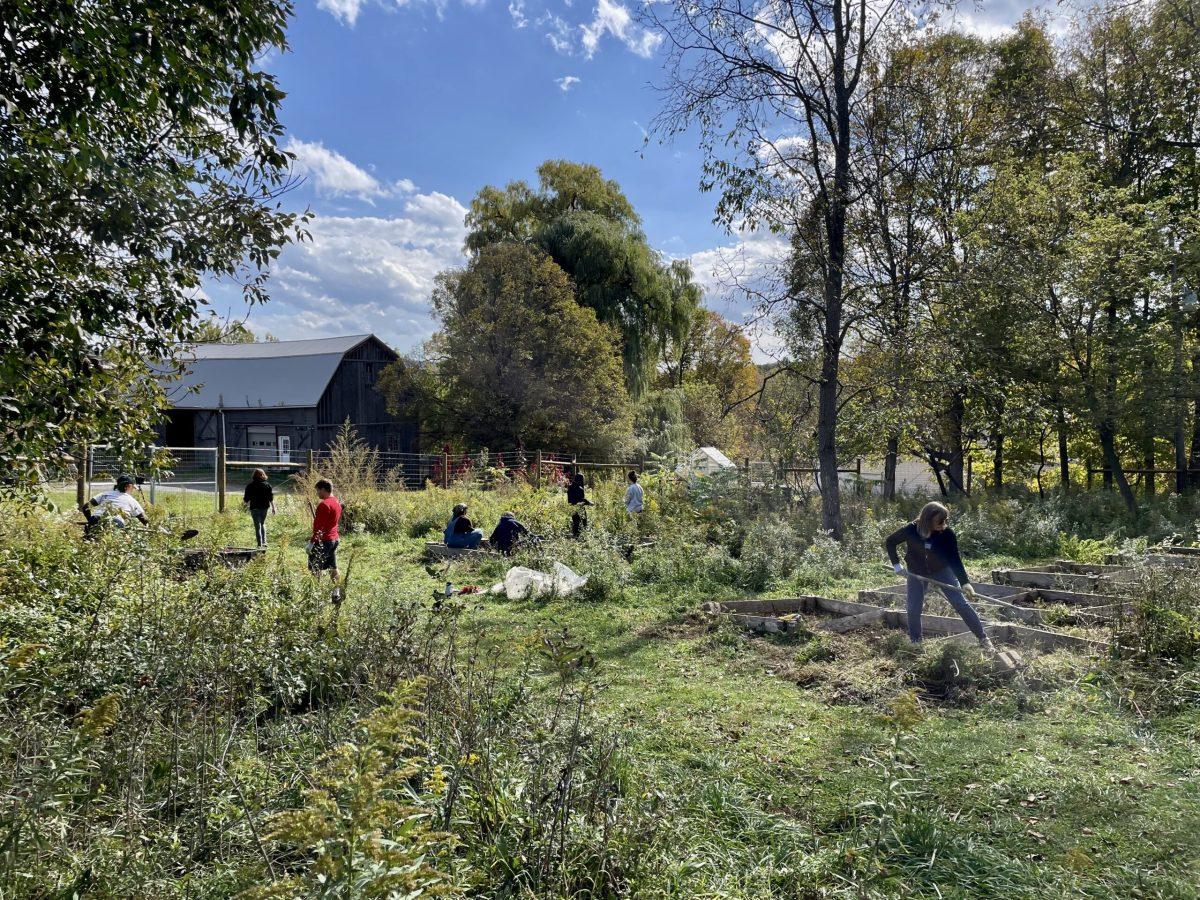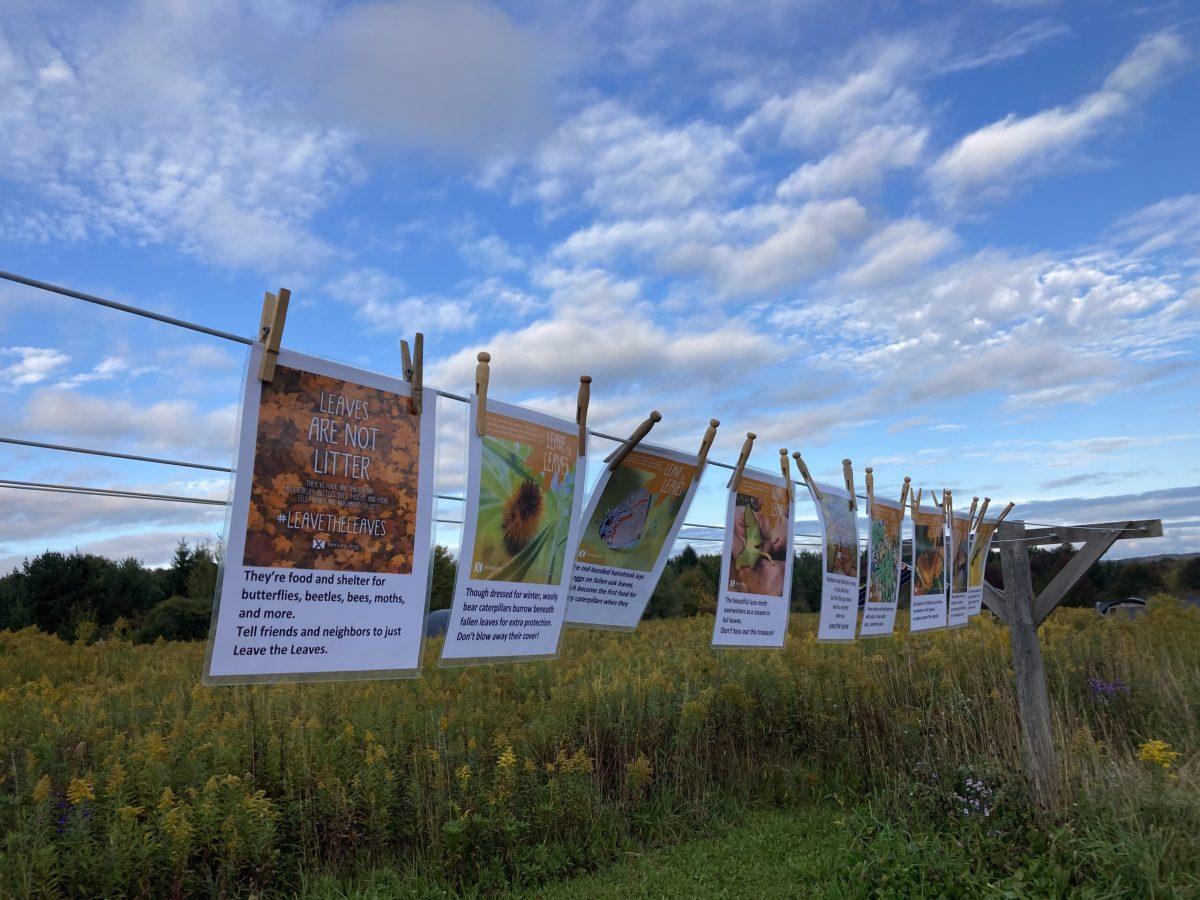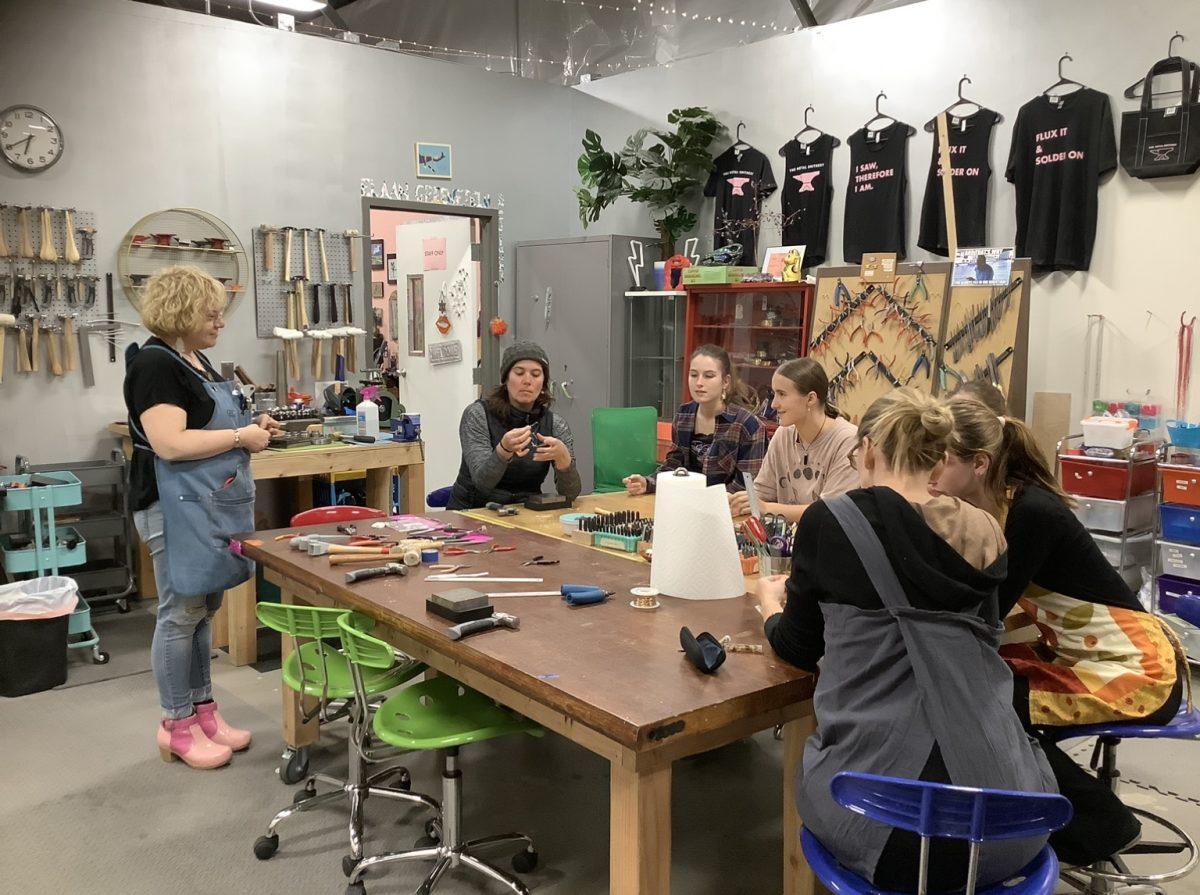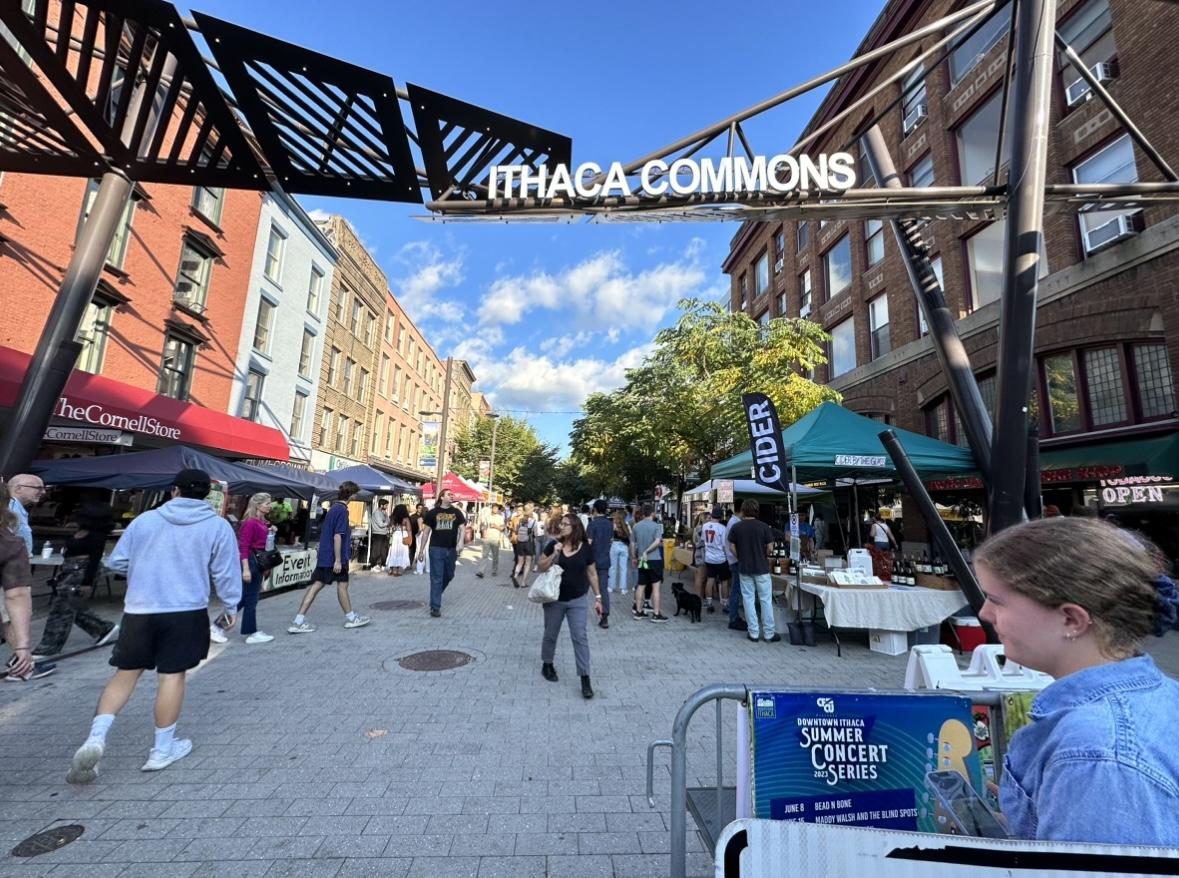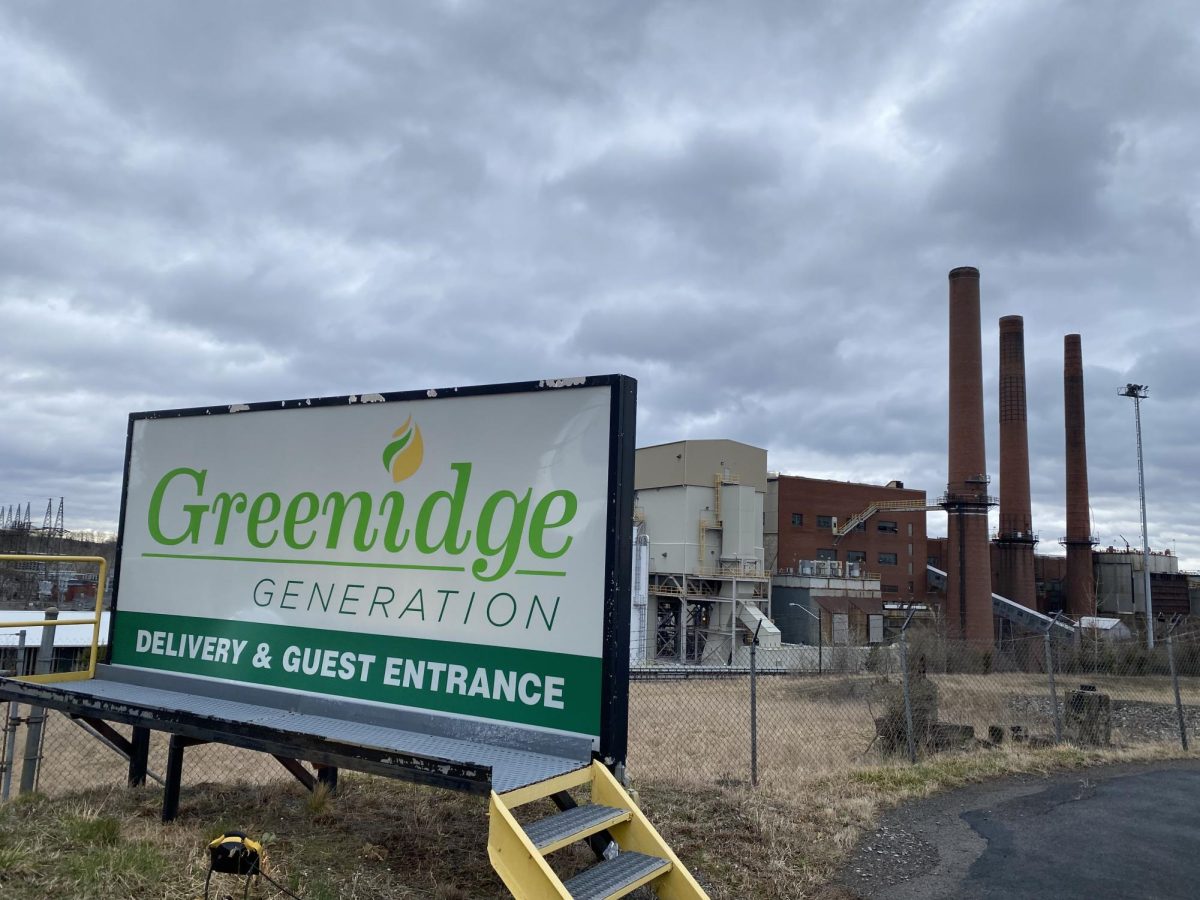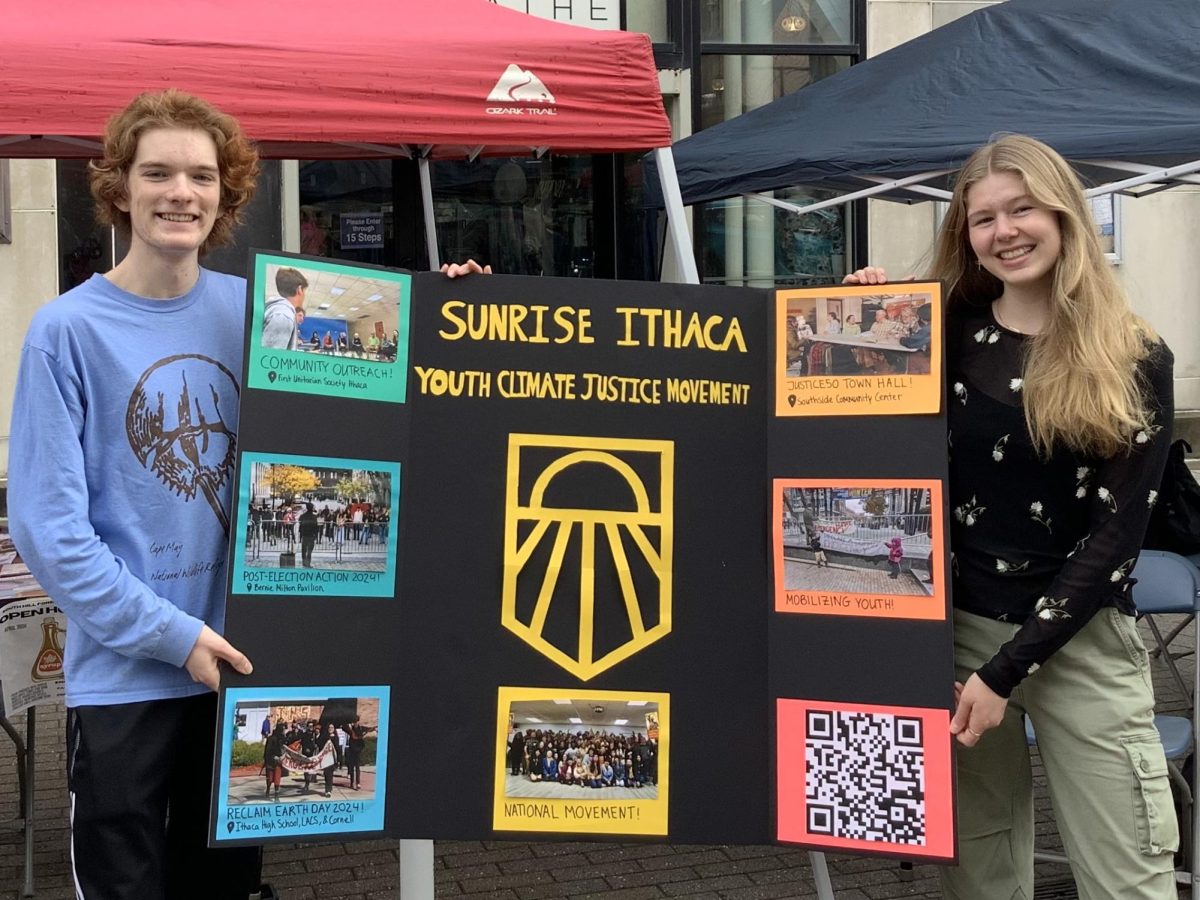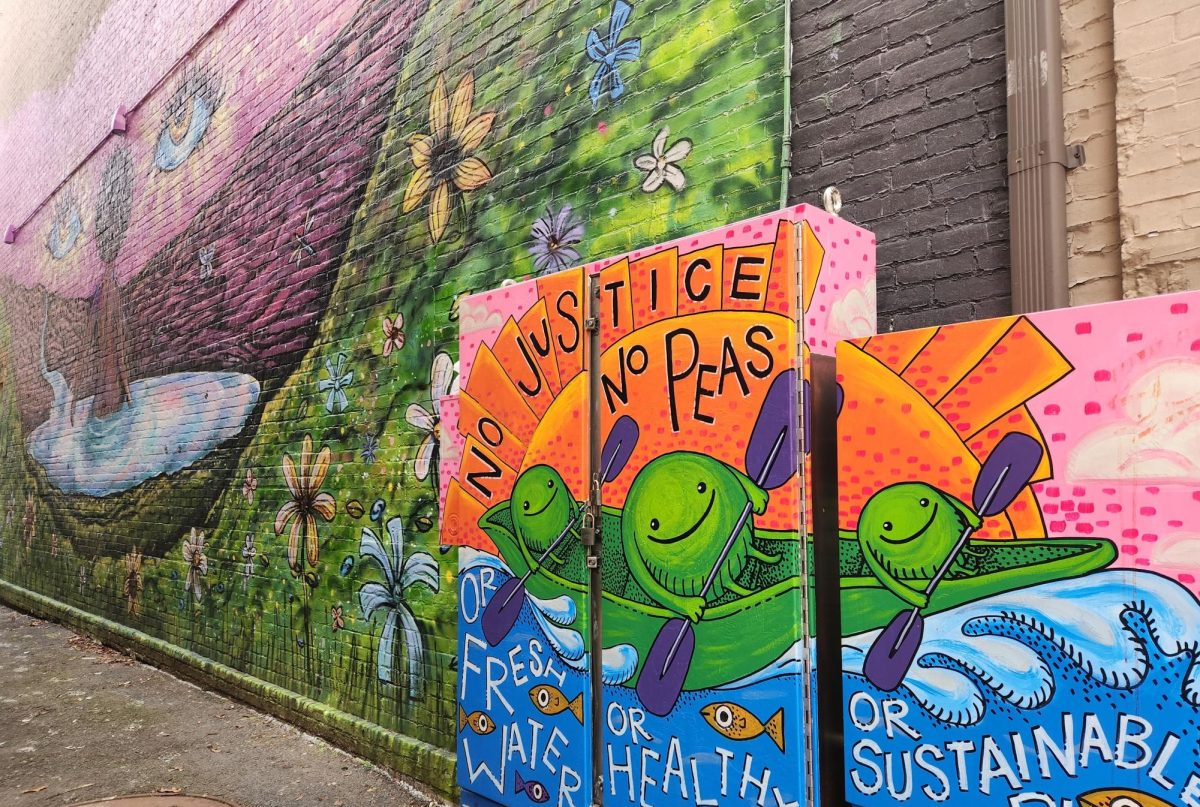
Janice Degni hopped out of her car and walked over to a vast farmland in Cortland.
“It looks endless, doesn’t it?”
Degni’s not talking about just any farm, she’s referring to a hemp farm.
Going on for what looks like miles are bushes and bundles of industrial hemp at Main Street Farms, one of an increasing number of farms in New York that is growing this crop.
On a hill at Main Street Farms, Degni pointed out that each bush is cut individually by the farmers — something that is be done by hand.
“It’s a lot of hard work,” she said. “Once the plants are cut, they’re picked up and taken to a place where they’re dried.”
Cornell’s Hemp Research Team
As Cornell Cooperative Extension’s Field Crop Specialist, Degni is the go-to resource for questions about the science, technology, and economics of the hemp crop.
During the spring, which is the main growing season, she visits farms to look for pests, insects, weeds and diseases.
“I’m one of the hemp technical specialists,” Degni said. “I help people understand the process to get permitted to grow [hemp].”
In 2017, New York Governor Andrew Cuomo’s office held a hemp summit at Cornell University. There were only 11 permits to grow hemp at the time, and now, there are nearly 400 permits in the area. This is where the Cornell Cooperative Extension industrial hemp team comes in.
“As a result of the summit, this team, this extension of professors and field staff, was put together,” Degni said.

Cornell’s School of Integrative Plant Science has been looking into industrial hemp research since the middle of the 2016 growing season. New York State Agriculture and Markets, and Cuomo created an initiative for the researchers to plant 1,700 acres, putting New York at the front of hemp research.
The team works with nearby hemp farms to further its research and gain more insight on the hemp business as a whole.
Hemp Production In NYS
Main Street Farms had already been growing crops, but about two years ago, the owners started harvesting industrial hemp.
“Hemp production is growing in New York State because people see it as a positive money maker, and Ag and Markets has developed a permit process that is not terribly cumbersome,” said Degni.
As the hemp market continues to expand and add to the economy, there are still some gray areas regarding regulations under the Food and Drug Administration. Without any clear regulation, there is no guidance for product development.

“Without those standards it’s kind of like the wild west out here and you don’t necessarily know what you’re getting unless [farmers] provide their own test results to the consumer,” added Degni.
Recently, U.S. Sen. Chuck Schumer (D-NY) urged the FDA to quickly pass regulations on the sale of hemp-based products, such as face lotions, essential oils and energy bars.
On Oct. 28, the U.S. Department of Agriculture released an interim draft of rules for hemp production. The interim rules will allow for a 60-day public comment period that ends Dec. 30. After this draft expires in two years, the final rules will be released.
Degni said each state will have to process and adopt these rules when they are in place.
So what does this mean for production?
Under the USDA, there now will be regulations on where hemp can be harvested and tested for THC. Hemp cannot contain more than 0.3 percent of THC, a compound found in cannabis plants and most commonly associated with getting a person high. If farmers test the crop and find that there is more than 0.3 percent, then it cannot be used for production.
The hemp leaves and buds are pulled from the bushes, but farmers mainly focus on the flower buds as they can extract CBD from it. CBD products are in high demand right now, Degni noted. CBD sales in the U.S. is expected to reach $20 billion by 2024.
As for the FDA, Degni says its new regulations could impact business. One issue is that the USDA draft says nothing about whether or not smokable hemp flowers can be sold. Those regulations fall under the FDA, which leaves gray areas for farmers and how they handle and distribute their product.
“If they change regulations it could totally upset what your product development is or what you’re doing,” she said. “It could totally put someone out of business.”


